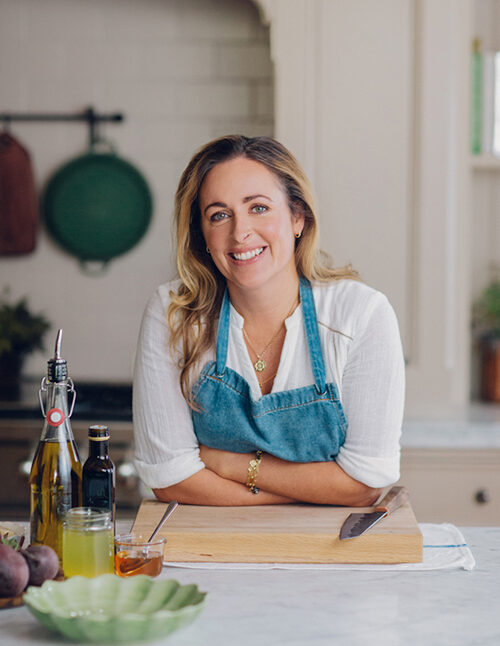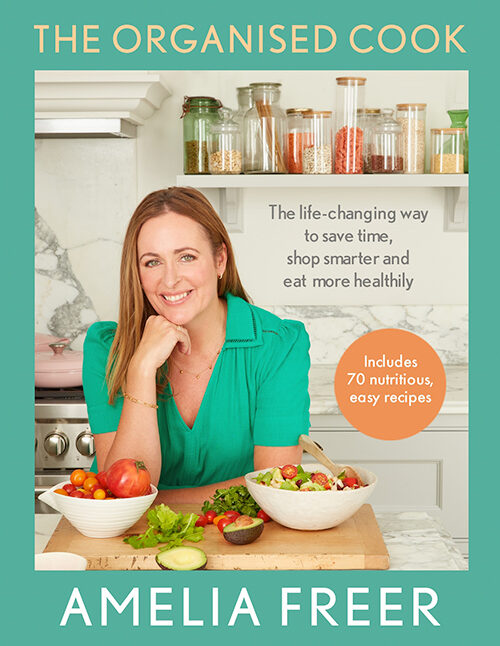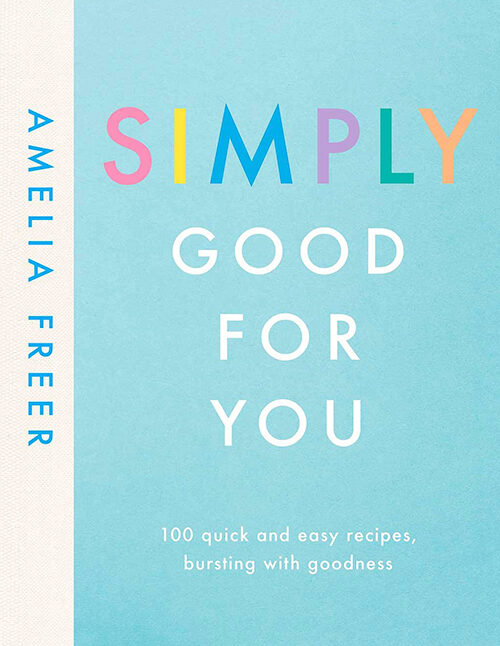8 ‘Healthy’ Things I Don’t Do
Jan 2022
We have busy lives and limited budgets. So to prevent a sense of overwhelm, or guilt that by not doing everything we are somehow not taking good care of ourselves, we need to prioritise those practices that serve us best and consciously choose to let others go. I hope this list might offer a helping hand to get you started.
The caveat to this article is that we are all individuals. Some things on here might well be helpful for you, or perhaps have been recommended by a professional. Please always listen to your care team and your body in the first instance. Never delay seeking or disregard personal nutrition or medical advice based on my, or indeed anyone else’s, content.
1. Make ‘healthy’ puddings
We can certainly make healthy puddings if we want and have the time to do so. But generally I really don’t bother cooking desserts, especially if it’s just for my family. Fresh seasonal fruit, a little natural or coconut yoghurt, a handful of nuts or a couple of squares of dark chocolate are all fine, nutritious and speedy options. If, that is, we need a dessert at all.
2. Take ‘superfood’ powders
I am constantly sent messages from superfood powder brands who are launching a new, glitzy, all-singing-and-dancing supplement and would like me to try or perhaps promote them. The vast, vast majority of these requests I politely decline. Such powders are usually hugely expensive (money that I would prefer to spend on boosting my food budget for antioxidant-rich whole food ingredients like leafy veg, cacao, spices, green tea and berries), and I don’t like the texture or taste of powders. I prefer real food.
3. Take a long term multi-nutrient supplement
Unless we are unable to enjoy a balanced diet for any reason, or perhaps have digestive or absorption issues that impair our ability to obtain all the necessary nutrition from our food, I don’t think that long-term multi-nutrients are essential for most people. There are exceptions to this, perhaps around pregnancy, for example, or on the advice of a nutrition professional. However, I’d generally recommend a food-first approach to begin with – getting as much of our nutrition through food sources as possible. Then I would consider targeted supplementation alongside testing and the support of a professional as required, on a short-term basis. More nutrients are not always better. Too much of a good thing is no longer always a good thing.
4. Buy only organic food
I am a huge advocate of organic food production, not only following the precautionary principle of reducing my potential intake of agricultural chemical residue, but also from an ecological and animal welfare perspective. However, organic food is usually more expensive, and can be harder to source. I therefore don’t worry excessively if I can’t find an organic ingredient. I’d always prefer to eat the whole food than avoid it because it’s not organic, especially when it comes to fruits & vegetables. A good wash (and peel if necessary) is a good compromise. Also, not all organic food is automatically healthy – it’s more than possible to make
5. Drink 2 litres of water a day
Hydration is irrefutably important. But, the generally-held consensus that we need to have specifically 2 litres of water every day is a bit misleading. Other liquids besides water contribute to our hydration status (including milks, teas, fruits, vegetables, soups, stews, smoothies etc.), and setting an absolute amount we ‘should’ consume doesn’t take into consideration individual circumstances. If it’s a hot day and I’ve been very active, I might need upwards of 3+L per day, if it’s cold and I’m inside I might need less. I therefore follow more internal cues, such as thirst, fatigue and urine colour to ensure I am maintaining my hydration appropriately.
6. Avoiding tea & coffee
Coffee is, of course, a source of caffeine. And excessive caffeine can cause side effects and symptoms in some people, so it is sensible to consume a moderate amount according to our individual tolerance. For example, I am OK drinking caffeine in the morning, but avoid it after lunch to ensure I sleep well at night. But contrary to some messaging, coffee and tea is not all bad! They are both good sources of dietary antioxidants and consumption has been linked to a potentially reduced risk of various diseases including cardiovascular disease, neurological disorders and perhaps even diabetes. I therefore don’t try to avoid tea & coffee, but enjoy it mindfully and consciously daily. Take a look at this article for more information
7. Short term detox ‘programmes’
There is nothing wrong with making the choice to reduce consumption of ultra-processed foods, alcohol, cigarettes, sweetened drinks or sugar. Indeed, I would recommend it heartily, if done sensibly and sustainably. Likewise, I support my clients to reduce their toxic exposure from household cleaning and personal care chemicals, making the switch to cleaner, greener alternatives where possible. However, I don’t personally sign-up to short term detox programmes. Our bodies do a great job of detoxing all day (and night), every day. We don’t need to take supplements, shakes, special teas or other miraculous ingredients to make it happen – our body will do it regardless. We also can’t undo decades of unhealthy choices with a couple of weeks of green juice in January.
Instead, I think about supporting detoxification as an ongoing daily process, by eating a wholefoods, colourful diet (with plenty of fibre), maintaining hydration, regular exercise (especially where we get a bit hot and sweaty), restorative sleep, and reducing my exposure to avoidable pollution or chemicals.
8. Calorie counting
This is a controversial one, as ultimately, weight management is about maintaining a balance between energy absorbed and energy consumed by our bodies. However, I don’t like using calories as a proxy for this – I find them too inaccurate a measure of this energy balance equation, and can mislead us into thinking that calories matter above all else (including nutritional density). Eating well, to me, is not about maths. It’s about listening to my body, making predominantly whole food choices, eating abundant fresh vegetables and fruits, including high-quality proteins and healthy fats at each meal and cooking from scratch as often as possible.
MORE TO EXPLORE
Please note that the information on this website is provided for general information only, it should not be treated as a substitute for the medical advice of your own doctor or any other health care professional providing personalised nutrition or lifestyle advice. If you have any concerns about your general health, you should contact your local health care provider.
This website uses some carefully selected affiliate links. If you buy through these links, we may earn an affiliate commission, at no additional cost to you. This helps to keep all of our online content free for everyone to access. Thank you.




